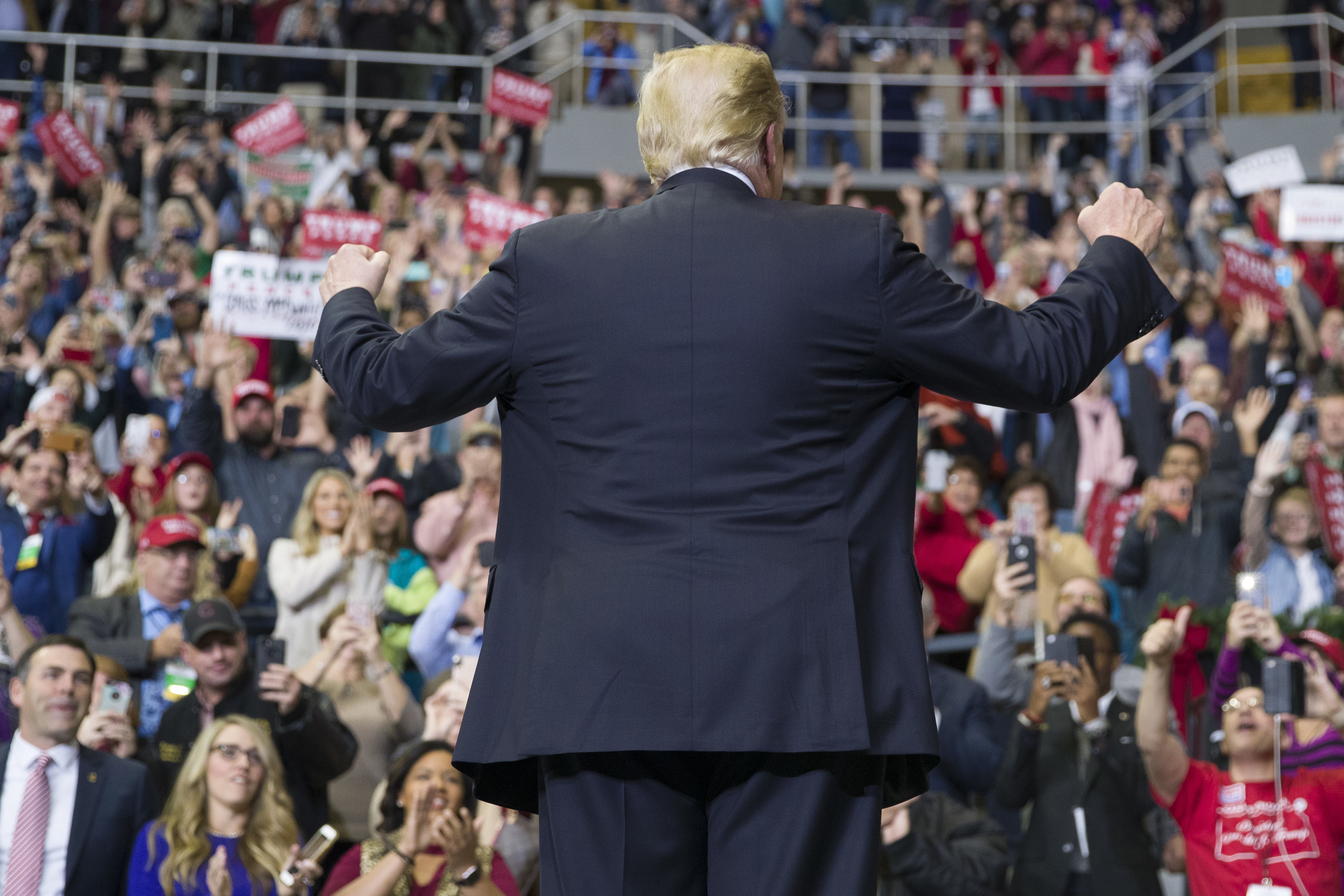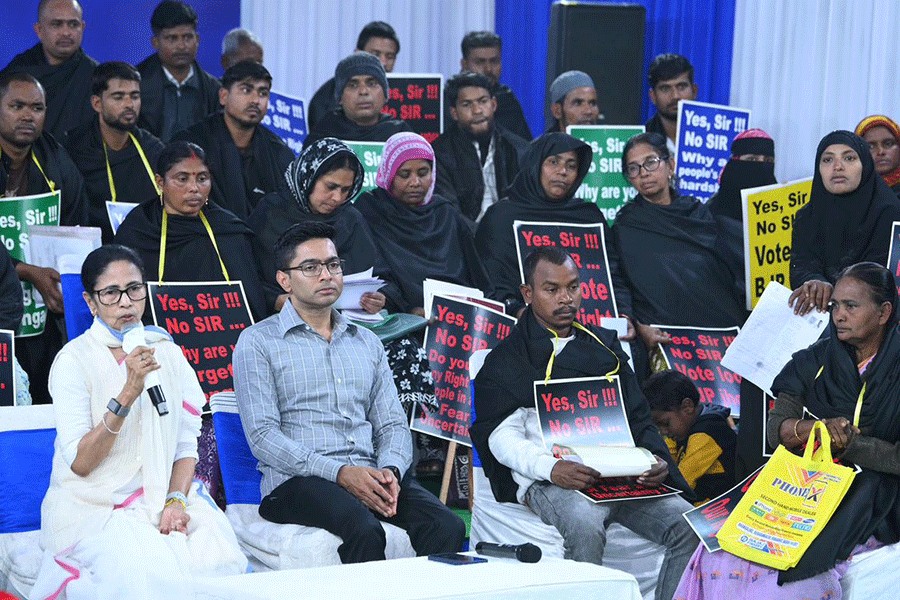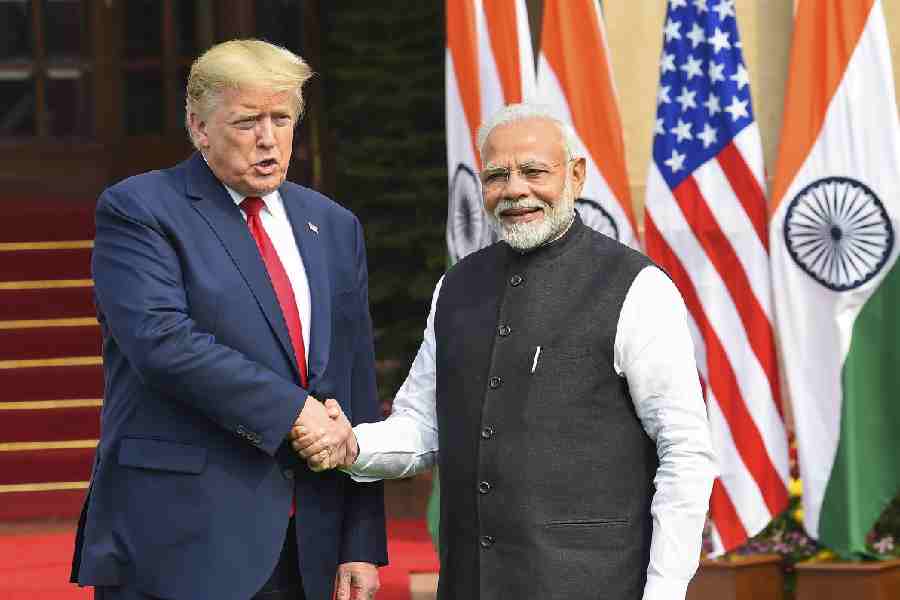How Democracy Ends is a grim analysis of why democracy, particularly in the West, will “slowly but surely” come to an end in a “drawn-out demise”, preceded by “a long half-life”. This is “thinking the unthinkable”. This is a Trump-triggered fear of Western democracy failing while remaining intact outwardly because of a largely unnoticeable coup without the use of force, like when “those already in power chip away at democratic institutions without ever overturning them”, or, because of some catastrophe produced by something (environmental calamity, nuclear war, bio-engineering, genocidal oblivion) going “truly, terribly wrong”, leaving survivors “paralysed by indecision”, or, because of technologies “that mine data for us and stealthily take the decisions we are too busy to make”. We are afraid that the world is vulnerable because, in this interconnected existence, if one element (global financial system) should fail, the other elements (health) would follow. In such a situation, politicians in key positions, “blind to their inability to control their fate”, run the risk of sleepwalking into disaster. As for the people, they just see or are induced to see “characterful performers” — politicians engaged in “sterile and artificial performance”. They unthinkingly respond to party politicians’ cues to “give or withhold their applause at appropriate moments”. But political parties are like machines: “soulless constructions designed to withstand the daily grind of winning and holding power”. That requires them to prevent people from thinking for themselves. The party machine joins the bureaucratic machine and the money machine to make citizens “passive consumers of their own political destiny”.
As if all these machine-like contrivances were not enough for politicians and bureaucrats to make citizens political subjects, the advent of intelligent machines provides the new arsenal of control as the turn to big data indicates. Gandhi foresaw “the coming age of Amazon, Uber and HelloFresh”, which, together with Facebook and Google, are the “monsters” that the State is unable and unwilling to control. People are seduced to live in spaces these agencies create rather than in a community where direct unmediated contact among the citizenry is possible: “The Twitter version of ... democracy is more dangerous because it is unlimited by the constraints of physical space and personal knowledge.” Technological facilities are seized by politicians in State power or in the oppositional space. They use these to disseminate fake news, conduct online surveillance and incite mob violence. Also, politicians and marketeers in neoliberal times resort to the same machines to work out the “algorithm of ... happiness”, and the promise of happiness is the new tool of seduction into subjection. Thus, the procedures of representative democracy seized by variously powerful people lead to the hollowing out of democratic institutions. “This is not [as yet] the end of democracy. But this is how democracy ends.” It seems that “individuality, conscience, moral judgement and democratic choice will all become remnants of the historical past.”
If contemporary representative democracy cannot be invigorated, can it be replaced? It seems that something better to replace politics in times of “sterile, orgiastic consumerism, financial incontinence, and a ‘reality television’ political circus”, would be “a lot worse”. These include Chinese-style pragmatic authoritarianism, epistocracy, that is, “the rule of the knowers”, liberated or ‘de-individuated’ technology as in the internet and “dispersed experience of popular anger” like Occupy Wall Street.
What about countries where “democracy retains something of its youthful promise”, say, like India? Maybe the end of democracy is not round the corner. But the three challenges of coup, catastrophe and technological takeover are beginning to take shape. The scales are different but the imperatives of capitalist political economy, which waste Western democracy, are at work here too. A diehard political feudalism is indicated in actions prioritizing the agenda of building cults of personality at both the national and sub-national levels. The threat to civilization in the global North owing to the perversities of democratic politicians and the electorate — “bound together by a circuit of reciprocal incitement” — is as real in the global South. Dark enlightenment — “an acceleration of capitalism to a fascist point” — in which both corporate organizations and technology play a crucial part, can descend through the modalities of democratic politics on Gandhi’s land too. Is it impossible that the rise of a counterpart of the Western alt-Right — alternative Right — comprising high caste, anti-Dalit, sexist males and perverse nationalists should inflict on democracy a premature death?
How Democracy Ends By David Runciman, Profile, Rs 599










